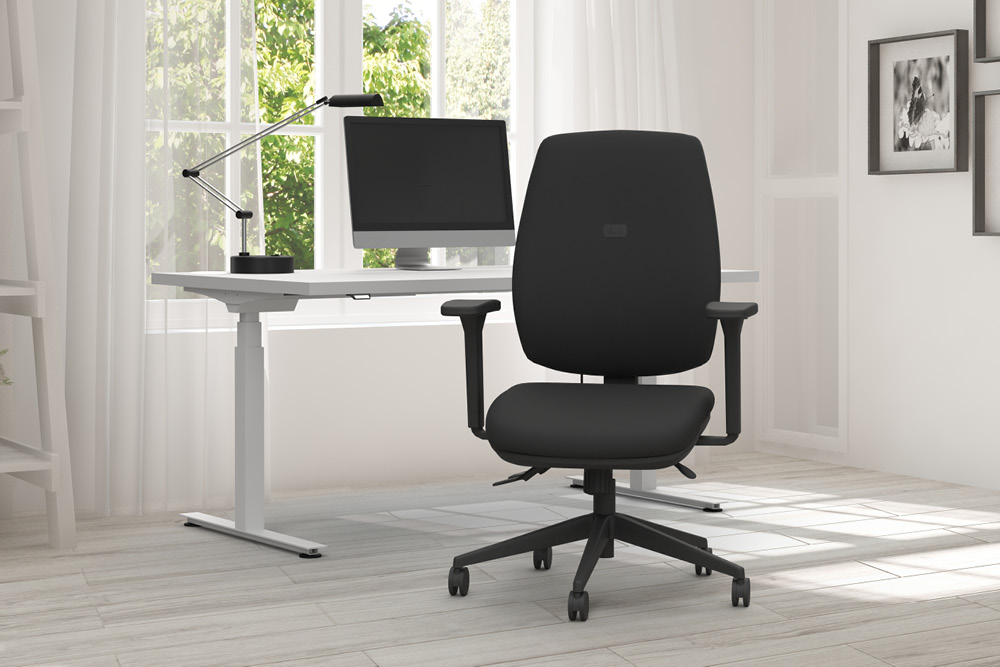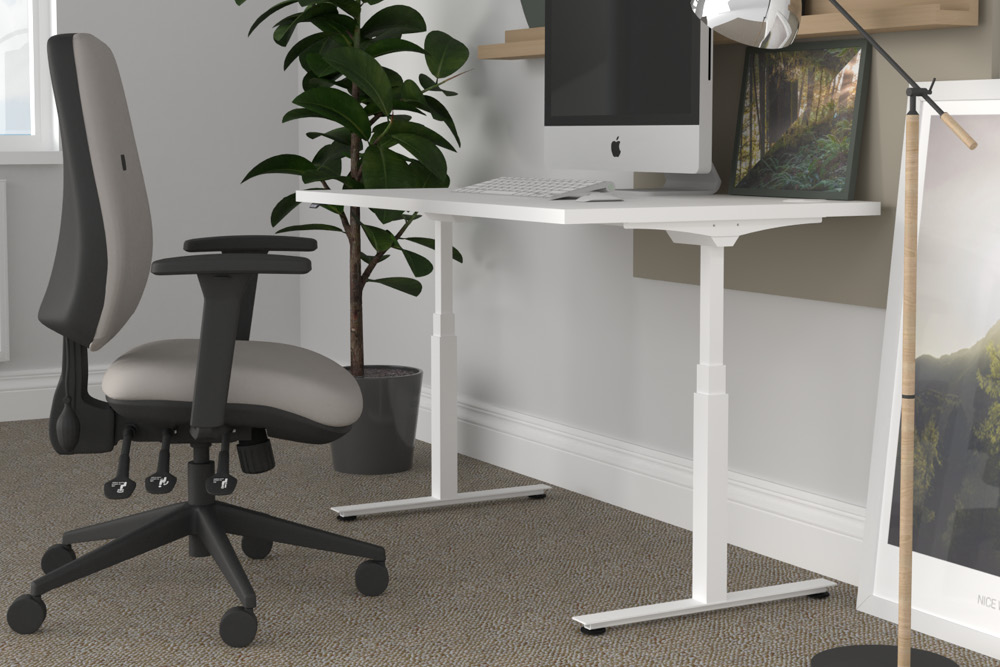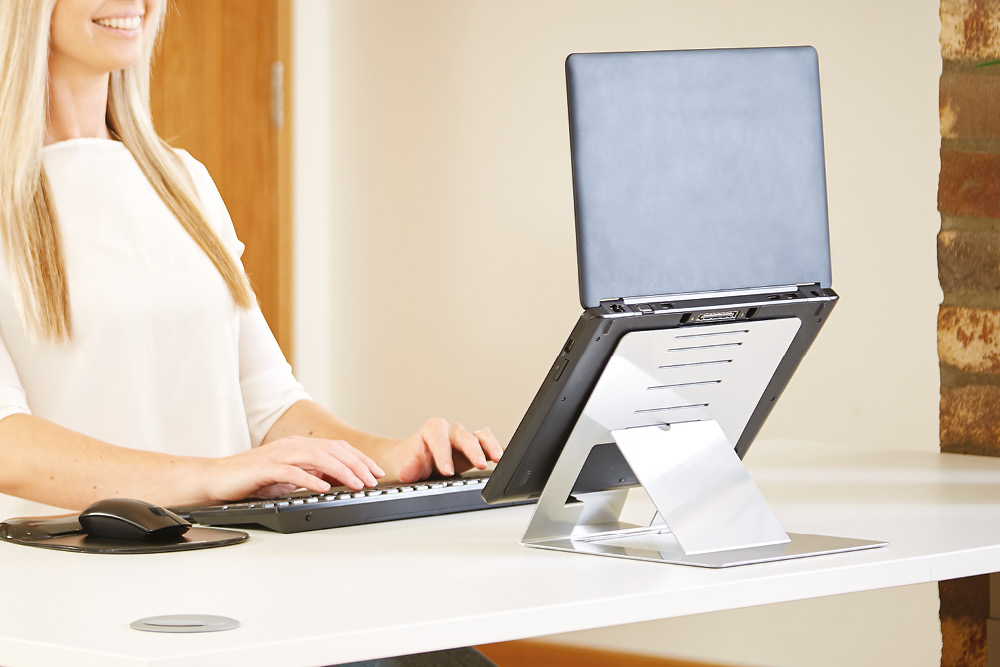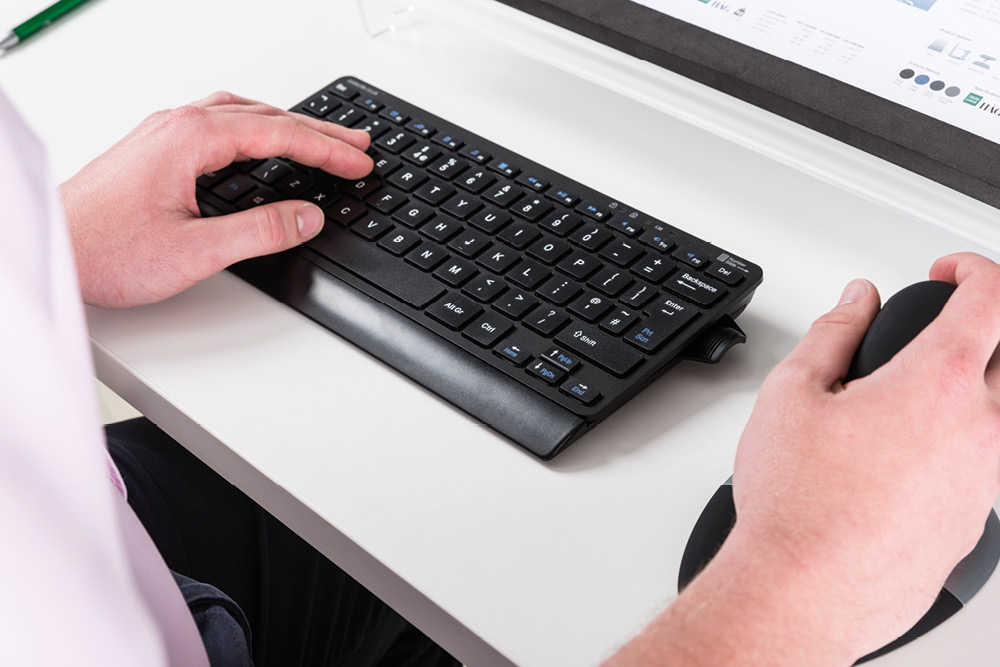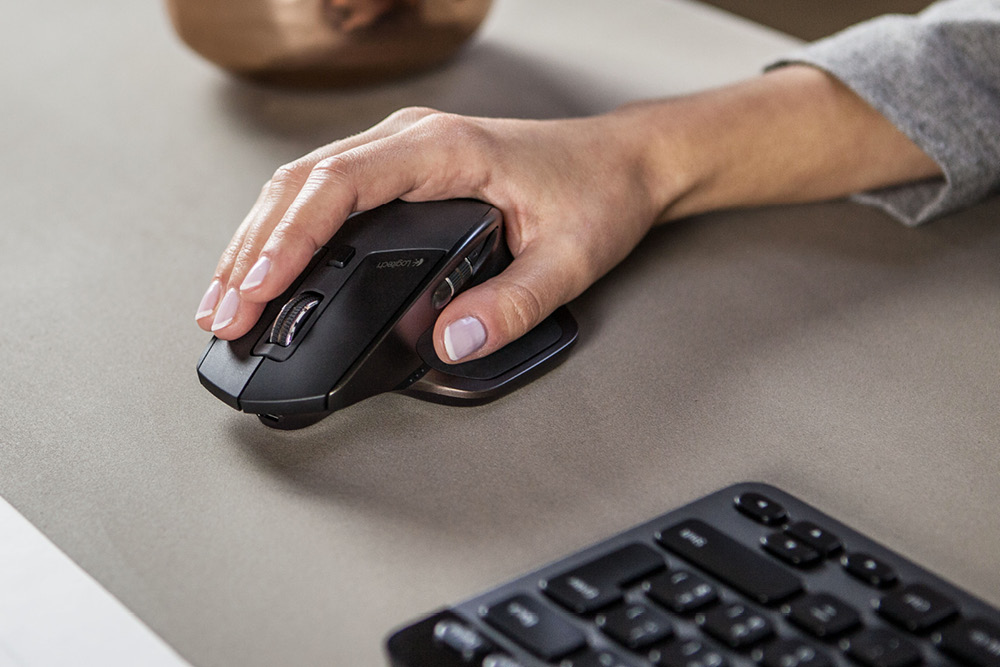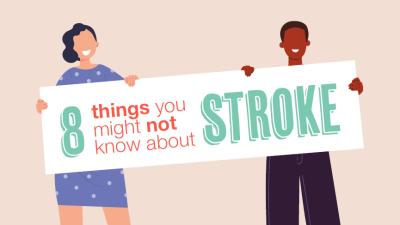 Take the plunge and start a new business – exciting personal and financial rewards are within grasp for start-up founders keen to ride the 'wave of entrepreneurialism' in the UK right now.
Take the plunge and start a new business – exciting personal and financial rewards are within grasp for start-up founders keen to ride the 'wave of entrepreneurialism' in the UK right now.
Almost 726,000 new businesses were created in the UK in 2020 – want to join them? Could you match the 'rags to riches' story of an entrepreneur such as Scottish businessman Sir Brian Souter, co-founder of Stagecoach? The Financial Times tells how Brian used his bus-driver father's redundancy payout in 1980 to buy two second-hand vehicles, and Stagecoach was founded – now achieving an annual revenue of £928 million.
It needn't be expensive to kit your new business out with office furniture and technology which help you work productively and comfortably. In the first months and years as the founder of a start-up, you might need to put in long hours to bring home the bacon, so it's even more crucial to look after your body and mind and try to prevent aches and pains.
Money-saving tips when buying office equipment for a new business
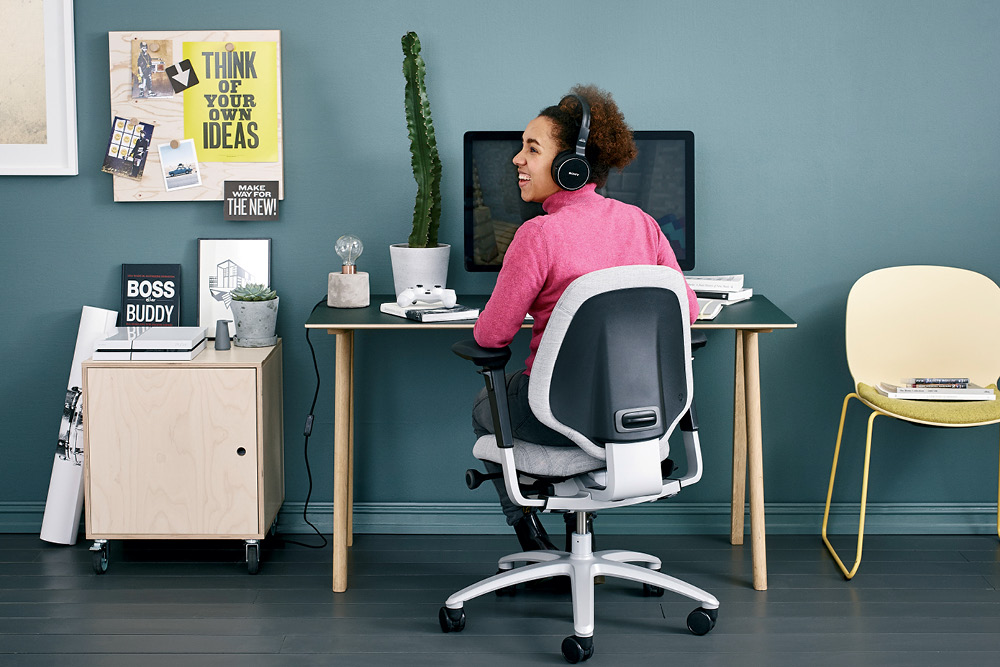
- Subscribe to an office supplier's emails. Posturite offer customers 10% off their first order.
- Look for bundles of office kit.
- Look for ex-demo and clearance office equipment.
- Choose products with long warranties.
- Consider a refurbished computer.
- Explore government funding schemes for small businesses.
- Buy products that can be refurbished in later years e.g. chairs with pads that can be replaced rather buying a whole new chair.
Before the pandemic, some small businesses hid the fact from clients that they were running operations from home – it was seen in some circles as slightly unprofessional. Times have changed and there is no shame whatsoever in having a home office!
What kind of office equipment will you need to start your business empire from home?
1. An office chair
Look for an office chair which gives you good back support. In a recent survey of Posturite customers, 93% ranked their chair as their most important piece of homeworking kit. An ordinary dining or kitchen chair is not comfortable or supportive enough for you to use to work at a computer for any length of time, and lacks the chair features and adjustability for your individual shape and size and the promotion of movement. The productivity benefits of an ergonomic chair will probably justify the outlay.
2. A desk
Options for your home office desk include desks which fold away at the end of the day and smaller desks for smaller spaces. Also look at height-adjustable desks with the option of raising the desk high enough to stand at your workstation for periods of time during the day and enjoy the resulting physical and mental health benefits. They help you move more and use different good working postures.
3. A laptop
Obvious but true, a laptop or desktop computer will be on your start-up equipment shopping list. Choose from a Windows laptop, a MacBook or a Chromebook and navigate around the myriad of choices with a clear laptop buying guide. Beware of high interest rates for paying monthly for it – a laptop costing £299 becomes £413 if you take up a 24.9% rate of interest over 36 months, for example.
A laptop is a great versatile tool but please make sure that it supports your health as well as your business by positioning it correctly with the screen raised and using a separate keyboard when not on the move.
We're suggesting a laptop since they're handy for taking with you to visit clients and suppliers and for tidying away when you're working from home - but by all means opt for a desktop PC or Mac instead. Here are also tips from Money Saving Expert on improving your broadband speed.
4. A phone

Many new small businesses can make do with a basic smartphone and/or landline – it will be what you say and what you write that count! The strength of connection will be important however, for clear communication. Consider storage space, quality of screen, speed of charging and potentially security software when choosing your business phone.
5. A laptop stand
Starting from just £26, a laptop stand helps you adopt an altogether healthier approach to laptop and tablet use. Yes, we do consider this essential kit! Placing your laptop on a stand raises it to your eye level; the top of your screen should be level with your eye line. This good working posture without hunching over will help to prevent back ache and neck pain. Again, there are portable and foldable stand models to help you put your working kit away in the evening and enjoy an uncluttered home.
6. A separate keyboard
When using a laptop stand to elevate your screen, you'll need a separate keyboard, so this has earned its place in this list of office supplies. The shape, size and layout of your keyboard influence how you use your hands, fingers, arms and even your shoulders. The small width of a compact Number Slide keyboard reduces the distance you need to reach and use your mouse, allowing you to have your mouse in line with your arm rather than to the side.
7. An ergonomic mouse
To complete your office setup when using a laptop on a stand, invest in an ergonomic mouse to reduce the risk of repetitive strain injuries in your arm, hand or shoulder. If you need to scroll through lengthy documents at speed, a mouse with a precision scroll wheel would be ideal.
Need help choosing office supplies?
Expert product help and advice on all kinds of office supplies is available from Posturite's Live Support Chat – just open the green speech bubble on any posturite.co.uk page and ping the team a message.
Alongside your office furniture and technology, store your documents neatly with strong stackable storage boxes, the tidier you can be the more in control you'll feel!
What kind of new business will you create?
There were more sole trader businesses than any other business type in the UK in 2021, reports the Federation of Small Businesses (FSB) – 3.2 million, which made up 56% of the private sector business population. Take a look at the UK Government's guide to the difference between a sole trader, a limited company and a partnership.
To run a business from your home, you may need permission from your mortgage provider or landlord. Home insurance may not cover your business – so remember to set up insurance specifically for your business.
What is a SME?
An SME is a 'small and medium-sized enterprise' and SMEs generated an estimated turnover of £2.3 trillion in the UK in 2021. Businesses with less than 50 employees are classed as 'small' and those with 50 to 250 employees are classed as 'medium'.
Are you aged 18-30 and wanting to launch a start-up?
You could get help from the Prince's Trust to start a business.
Female founders
In 2021, less than 1% of European business funding went to female-founded companies. But be inspired by 25-year old Tash Grossman, a female pioneer in the STEM sector who is the Founder and CEO of tech platform Slip, by reading her story in SME Today. "There is a rising number of venture capital funds run by women looking to support under-represented founders. January Ventures and Pink Salt Ventures to name just two, are choosing tenacity and ambition over members' clubs or golf handicaps."
Good luck to our entrepreneurs
Posturite was founded in 1991 by Ian Fletcher-Price – from a shed in his Mum's back garden. There have been thrills and spills for this multimillion-pound business over the decades and there could be for you too. I'll dip outside the business sphere to end with a quote from inspirational leader Mahatma Gandhi:
"Every worthwhile accomplishment, big or little, has its stages of drudgery and triumph: a beginning, a struggle and a victory."





